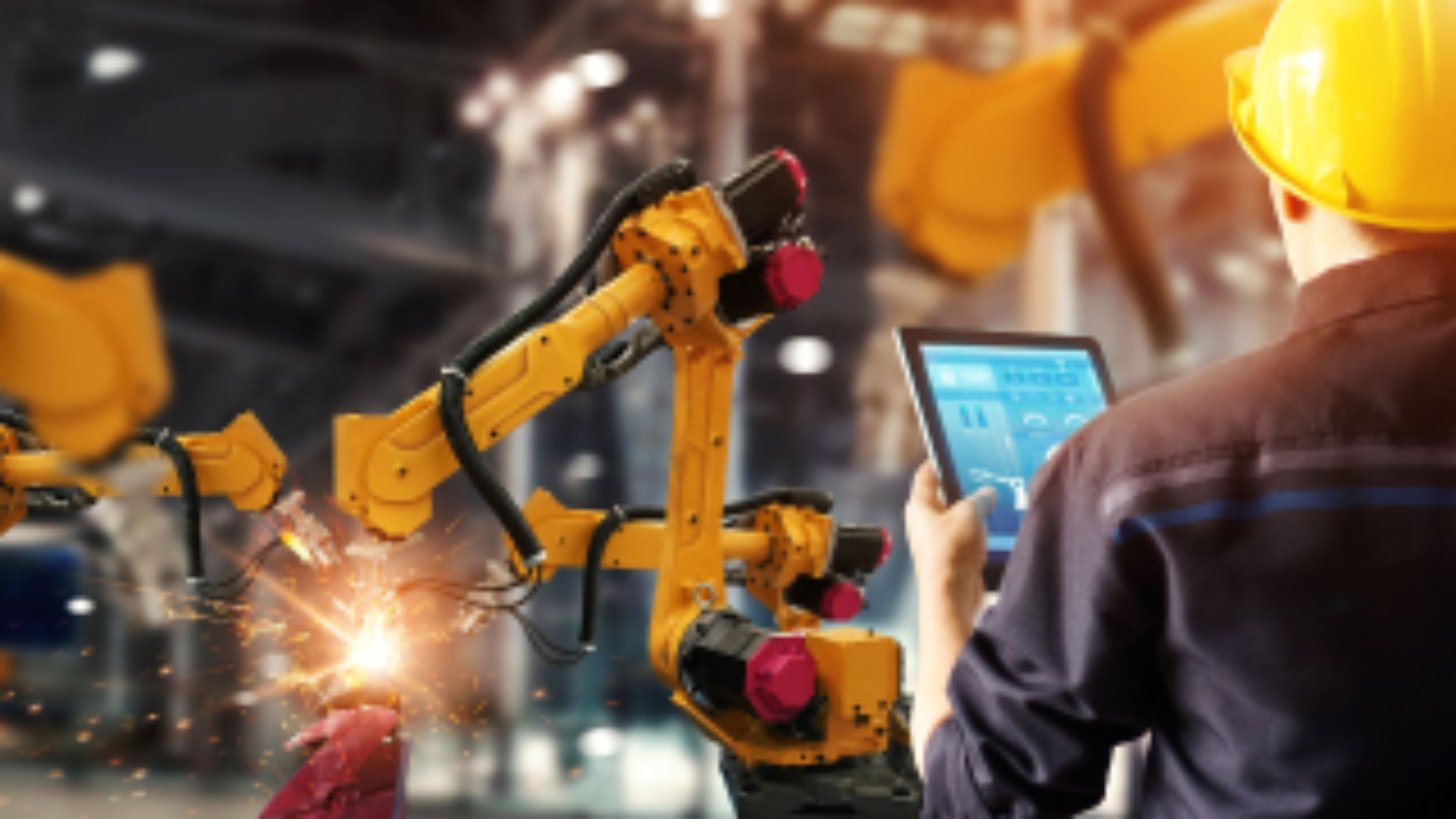Within information technology (IT) circles, Enterprise Resource Planning (ERP) is well-known as the foundation of all business software. Even if ERP software was, and in many cases still is, necessary to streamline an organization’s back-office functions, customer service operations, logistics and inventory management, it is not agile enough to meet the ever-increasing demands of today’s digital consumers.
To give more agility within the solid foundation of ERP, global ERP providers are now repositioning themselves for the global shift to a new digitally transformed environment which can quickly adapt and implement innovations. Keeping this thought in mind, SAP is evolving its products and services to form a platform and provide end-to-end digitization of business which is based on its SAP Business One solution on SAP HANA technology. Hence, many of the SAP Business One customers are making immediate move to HANA, because it has an in-memory database platform used for innovative techniques to store customer’s data as it is particularly suited for handling very large amounts of relational, data with unprecedented performance.
Regarding the small-midsize industries, the concept of ‘smart factory’ can now be a reality as combination of Internet of Things [IoT], cyber-physical systems, and the Internet of Systems make Industry 4.0 seems to be possible. You will see, especially in discrete manufacturing companies, that they have a huge amount of information that remains unused. But, we need to use the host of information from production and purchasing in real time. And, for this, Industry 4.0 is the real solution!
The real revolution from Industry 4.0 is not rooted in production but rather in business models. With Industry 4.0, computers are connected and communicate with one another to ultimately make decisions without human involvement. With advancement of Big Data, Cloud Computing, data collection and transmission devices and other software’s we have stepped into next industry revolution which is symbolized by the real time smartness exhibited by machines. By the support of smart machines that keep getting smarter as they get access to more data, our factories will become more efficient and productive and less wasteful.
Imagine the following situation:
A cold storage unit that is meant to maintain operate at and maintain an ambient temperature of minus 20 degree centigrade. If, due to a defect in the machine, the temperature begins to rise then wouldn’t it be nice if the machine could communicate to SAP Business One and then SAP Business One could create a Service Call with the vendor of the cold storage unit so that a technician is asked to visit the site and perform the checks. Well, this is exactly the kind of thing that SAP Business One on SAP HANA does.


Add a Comment